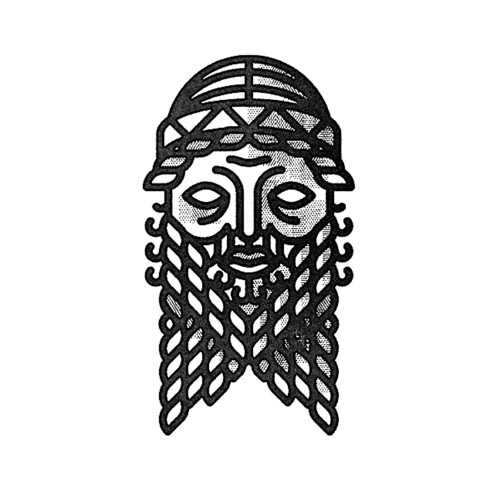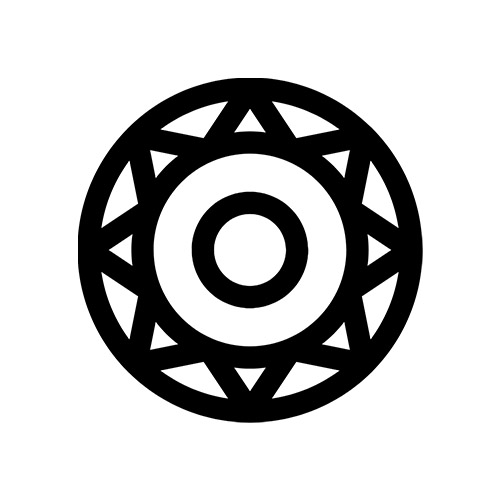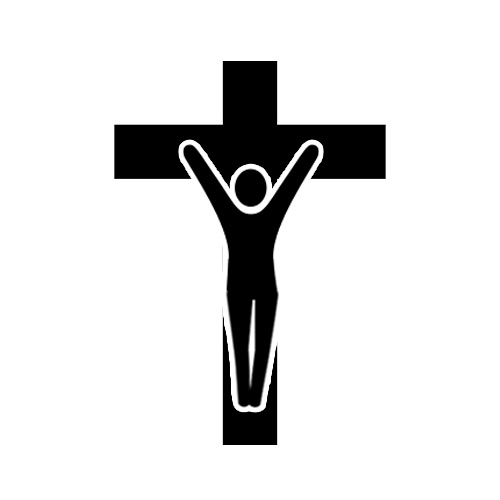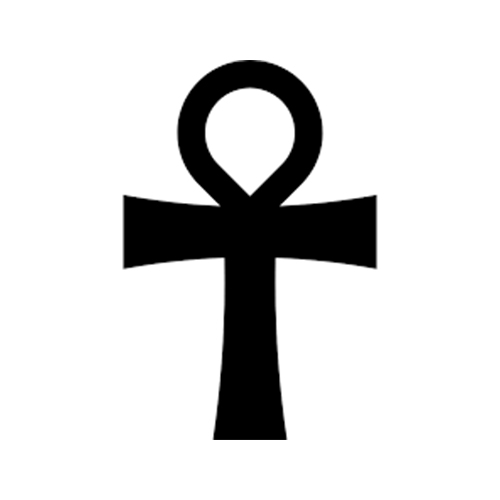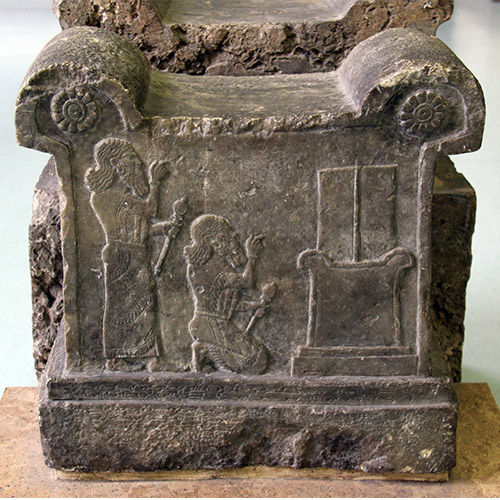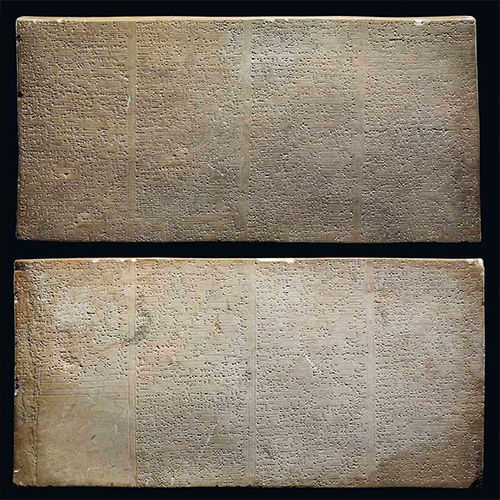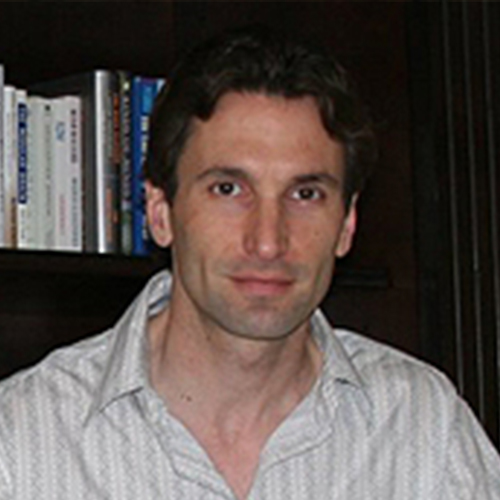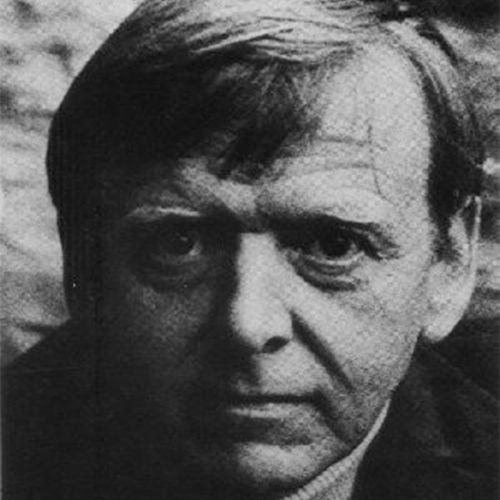About
The "JJS" promotes the work of Julian Jaynes, a former Princeton professor who revolutionized ancient (and modern) psychology with his book, titled The Origin of Consciousness .... The book's contributions to ancient studies are legion, and cover the Homeric Epics (the Iliad and Odyssey), and more Greek and Akkadian myths. The society was started in 1997 by the prolific author Marcel Kuijsten, its Executive Director.
Source: OMNIKA
Founded in 1997, the Julian Jaynes Society is a 501(c)(3) non-profit organization (tax ID # 85-2704191) focused on advancing, promoting, and fostering discussion of the life, work, and theories of Julian Jaynes (1920-1997), specifically his theory of the origin of consciousness and a previous mentality called the bicameral mind, and its modern-day implications. The society was formed in 1997 shortly after the death of Julian Jaynes, with the initial goals of bringing together those interested in his ideas and locating Jaynes’s unpublished writings. Over the past two decades, the Julian Jaynes Society has grown tremendously and now helps promote Julian Jaynes’s theory in a variety of ways.
Source: Author or Publisher
expand_more Read more Read less
Access
External sources
Primary
Myth
Achilles, half man-half deity, fought in the Trojan war for King Agamemnon and quarreled with him over a mistress, among other things. The war featured the Trojans against the Greeks and had lots of action where Achilles was the star. Achilles' close friend Patroclus died at the hands of Hector; consequently, Achilles slaughtered him in order to get his revenge. While not listed in the Iliad, sources say that Achilles suffered his tragic fate at the end of the war by Paris when he was shot with an arrow through the achilles heel. Achilles fulfilled the hero motif of living a short life of glory.
Belief system

The ancient Greek belief system represents a collection of cultural myths and stories that date back to circa 1300-1200 BCE. Its pantheon of deities were widely known and written about in Greek texts. The Romans...
Deity
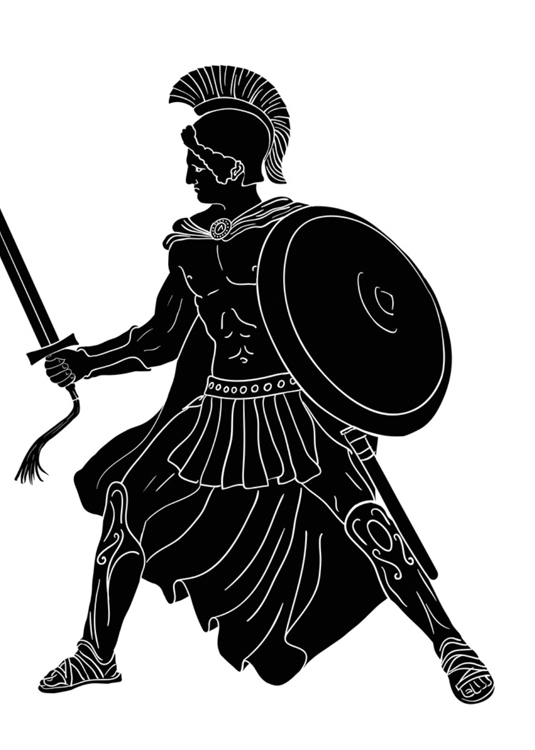
Achilles (Greek: Ἀχιλλεύς) was a Trojan war hero who was half man, half deity. Achilles is best known for his fighting skills during the Trojan war where he slayed Hector.
Myths cited
Belief systems cited
Artifacts cited
Other works
Website · 1997
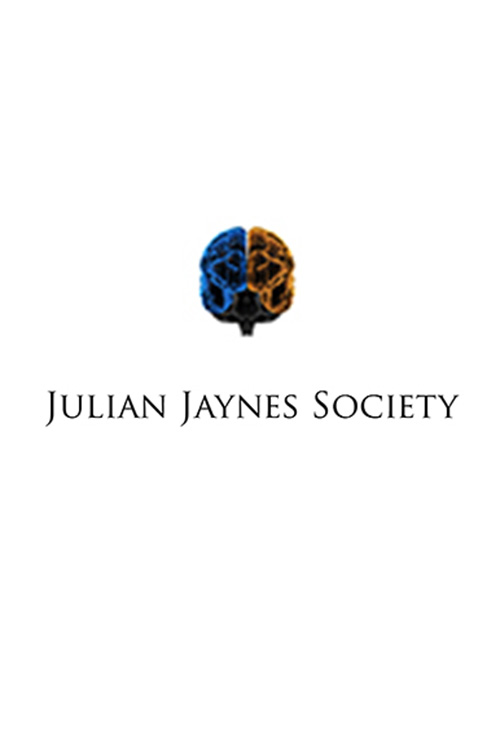
The "JJS" promotes the work of Julian Jaynes, a former Princeton professor who revolutionized ancient (and modern) psychology with his book, titled The Origin of Consciousness .... The book's contributions to ancient studies are legion, and cover the Homeric Epics (the Iliad and Odyssey), and more Greek and Akkadian myths. The society was started in 1997 by the prolific author Marcel Kuijsten, its Executive Director.
Book · 2022
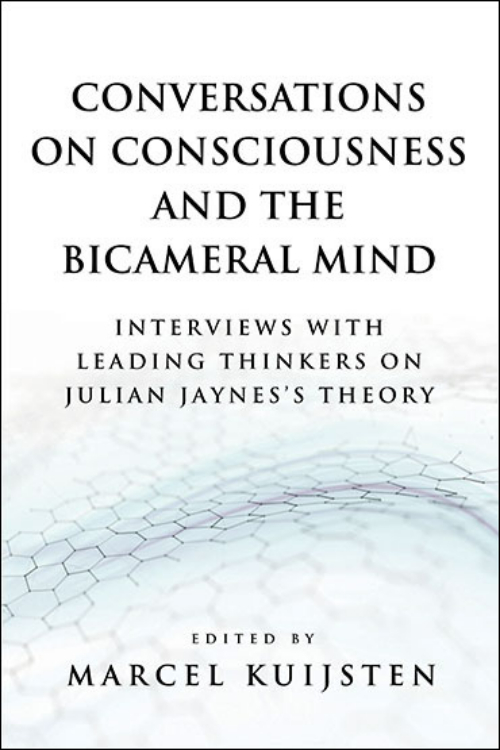
Conversations on Consciousness is a collection of transcribed interviews related to the theories of Julian Jaynes. The major focus of Jaynes' work was the origin of human consciousness. The work was compiled and edited by Marcel Kuijsten of the Julian Jaynes Society.
Book · 2019
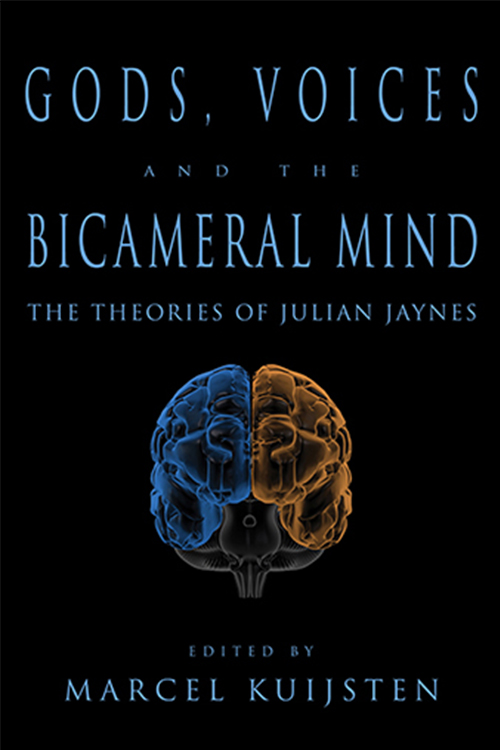
Gods, Voices, and the Bicameral Mind is a collection of works related to the theories of Julian Jaynes. The major focus of Jaynes' work was the origin of human consciousness, as evidenced by evidence from history, mythology, anthropology, and psychology. The work was edited and published by Marcel Kuijsten of the Julian Jaynes Society.
Library works
Conference paper · 2022
"‘Minds’ in ‘Homer’" is a 2021 empirical research study on mental language in the Homeric epics which argued that the Iliad has much less mental language than the Odyssey, statistically speaking. Following peer review, the findings were accepted as a conference paper for the twelfth International Conference on the Mental Lexicon in Niagara-on-the-Lake, Ontario, Canada, from October 11–14, 2022.
Book · 1976
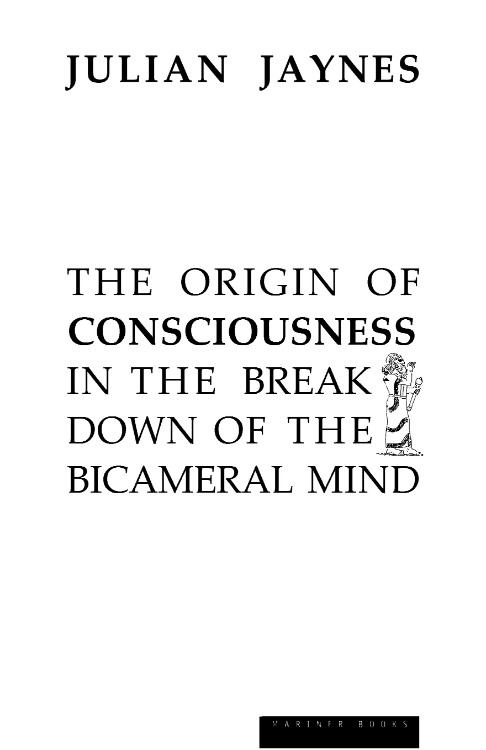
In his groundbreaking 1976 work, psychologist Julian Jaynes argued that as early as 1,000 BCE, man was not aware of himself. Instead, one side of his brain exhibited executive control through visual and auditory hallucinations during stressful situations. According to Jaynes, man thought that these were the voices of gods. As humans interacted with one another in difficult periods of migration, man became aware of himself and adopted the "bicameral voice" as his own, leaving man to wonder: why have the gods left us? The answer, according to the author, is that rational, subjective thought took the place of hallucinated voices.
Book · 1953
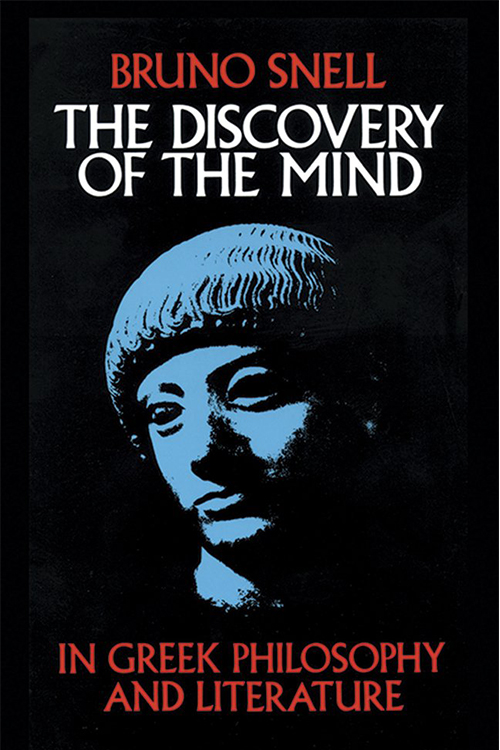
The Discovery of the Mind: The Greek Origins of European Thought is a 1946 book by Bruno Snell, a German classical philologist, that concerns Homeric epics. Snell's revolutionary thesis was that modern man, and his psychology, stem from the development of Greek intellectualism in the first one thousand years before the common era.
Book · 1951
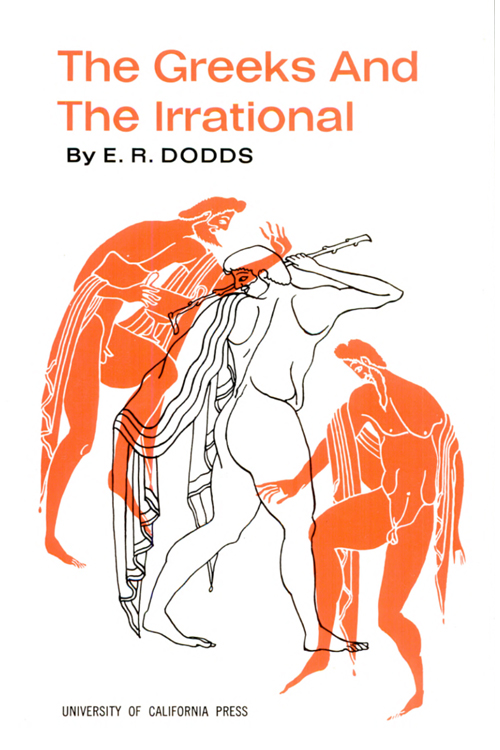
The Greeks and the Irrational is a 1951 book by Eric Robertson Dodds, an Irish classical scholar. The book challenged popular notions of the Greeks being wholly logical, citing a wide variety of cultural evidence. Dodds was a former Regius professor of Greek, and his book earned him praise for its novel analysis.
Book · 2022

Conversations on Consciousness is a collection of transcribed interviews related to the theories of Julian Jaynes. The major focus of Jaynes' work was the origin of human consciousness. The work was compiled and edited by Marcel Kuijsten of the Julian Jaynes Society.
Book · 2019

Gods, Voices, and the Bicameral Mind is a collection of works related to the theories of Julian Jaynes. The major focus of Jaynes' work was the origin of human consciousness, as evidenced by evidence from history, mythology, anthropology, and psychology. The work was edited and published by Marcel Kuijsten of the Julian Jaynes Society.
Contributor
Cite this work
ChicagoKuijsten, Marcel. "Julian Jaynes Society." Henderson, NV: Julian Jaynes Society, 1997. Created 1997. Accessed September 1, 2022. https://julianjaynes.org.

